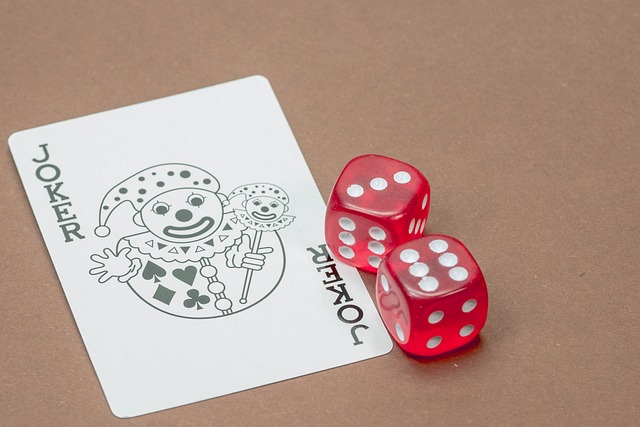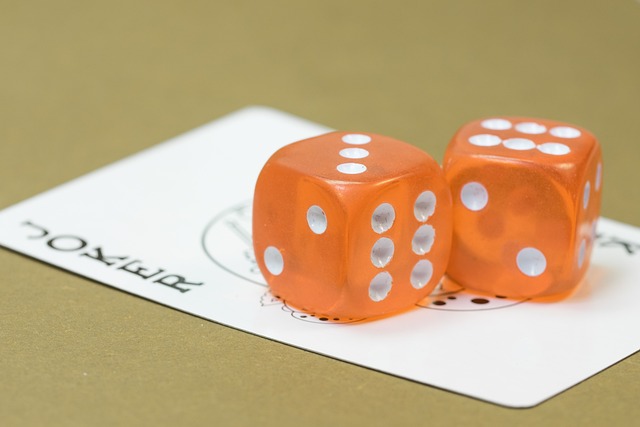Online casino games are everywhere now. They’re flashy, fast, and built to grab attention. From slot machines that light up with every spin to poker tables that mimic real-life casinos, the experience feels real, but it’s a game of numbers. Literally. Whether it’s your first spin or your thousandth, a lot is going on behind the screen. And for those looking to get into the game, the first step often starts with a simple search: national casino login.
But here’s the thing most folks don’t talk about: online casino platforms are designed like mini-cities. Not just for play, but to keep people inside. There’s a psychology to every sound, every reward, and every near-win. Those little “almost” wins? They’re there to keep hope alive, even when the odds are against the player.
The Reward Loop Is Real
Slot machines are a great place to start. They look simple, but they run on complex math. Every spin is driven by a random number generator (RNG). It’s like a digital dice roll, but not entirely random. It’s programmed. This means that while the outcome isn’t predictable to players, it is still set within odds controlled by the platform.
The system keeps track of when and how often it pays out. Wins are spaced out just enough to keep players engaged, but not often enough to make the house lose. This is called the “reward loop,” and it’s based on how the human brain reacts to random rewards.
People love surprises. So when a machine occasionally drops a big win or even a small win right after a few losses, the brain releases dopamine—the feel-good chemical. That’s the hook. The game becomes more than just a game. It starts to feel personal.
Why People Chase Losses

It’s called the gambler’s fallacy. It’s the belief that after a streak of losses, a win must be next. But the truth is, the machine doesn’t know what happened before. Every spin is independent. Yet people often keep playing, thinking they’re “due” for a win. This is how small losses turn into big ones.
There’s also the “sunk cost fallacy”, that if someone has already spent time and money, it feels wrong to walk away with nothing. The urge to keep going is strong. Online casinos know this. It’s part of the system. They give small rewards like bonus spins or cashback offers just when players seem likely to leave.
The Real Players Know When to Walk
Most of the folks who actually make money off casino games aren’t just lucky, they are calculated, they study patterns, look for games with better odds, and most importantly; they set limits. They know when to stop.
Take blackjack, for example; it is one of the few games where skill plays a role. People who win at blackjack long-term use strategies that reduce the house edge; they don’t just rely on luck, they treat it like a job, not a thrill.
Same with poker; good poker players don’t chase feelings, they fold more than they play, and they also study their opponents, learn betting patterns, and think long-term.
What to Know Before You Log In

Not all online casinos are built the same, some are fair and licensed, but others are not, so, it is smart to check the platform’s credibility, payout rates, and user reviews before diving in. Look for games with high RTP (Return to Player) percentages. Slots with 96% or more are generally better value.
Also, always use platforms that offer withdrawal limits and self-exclusion options; these tools help control spending, especially when the game starts getting emotional.
